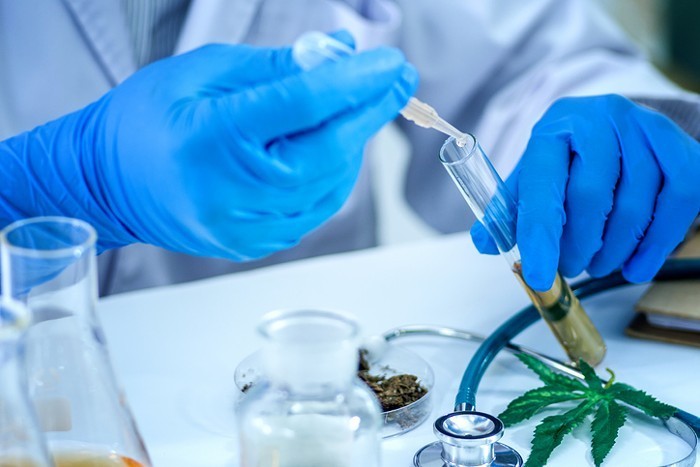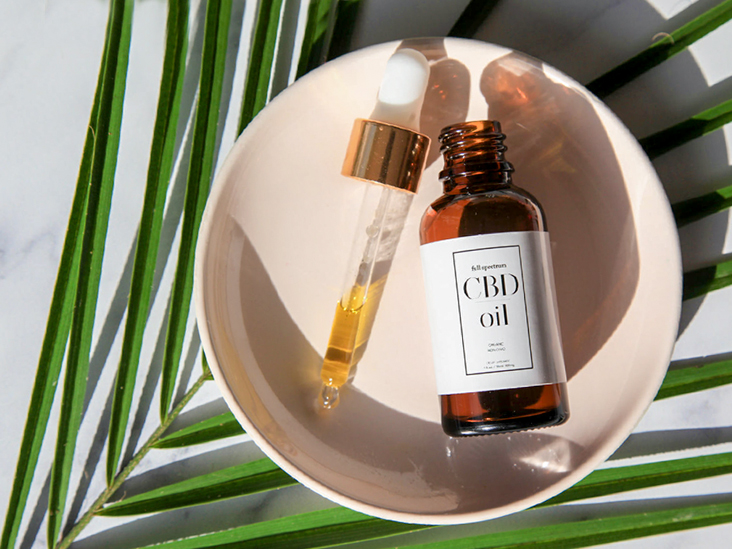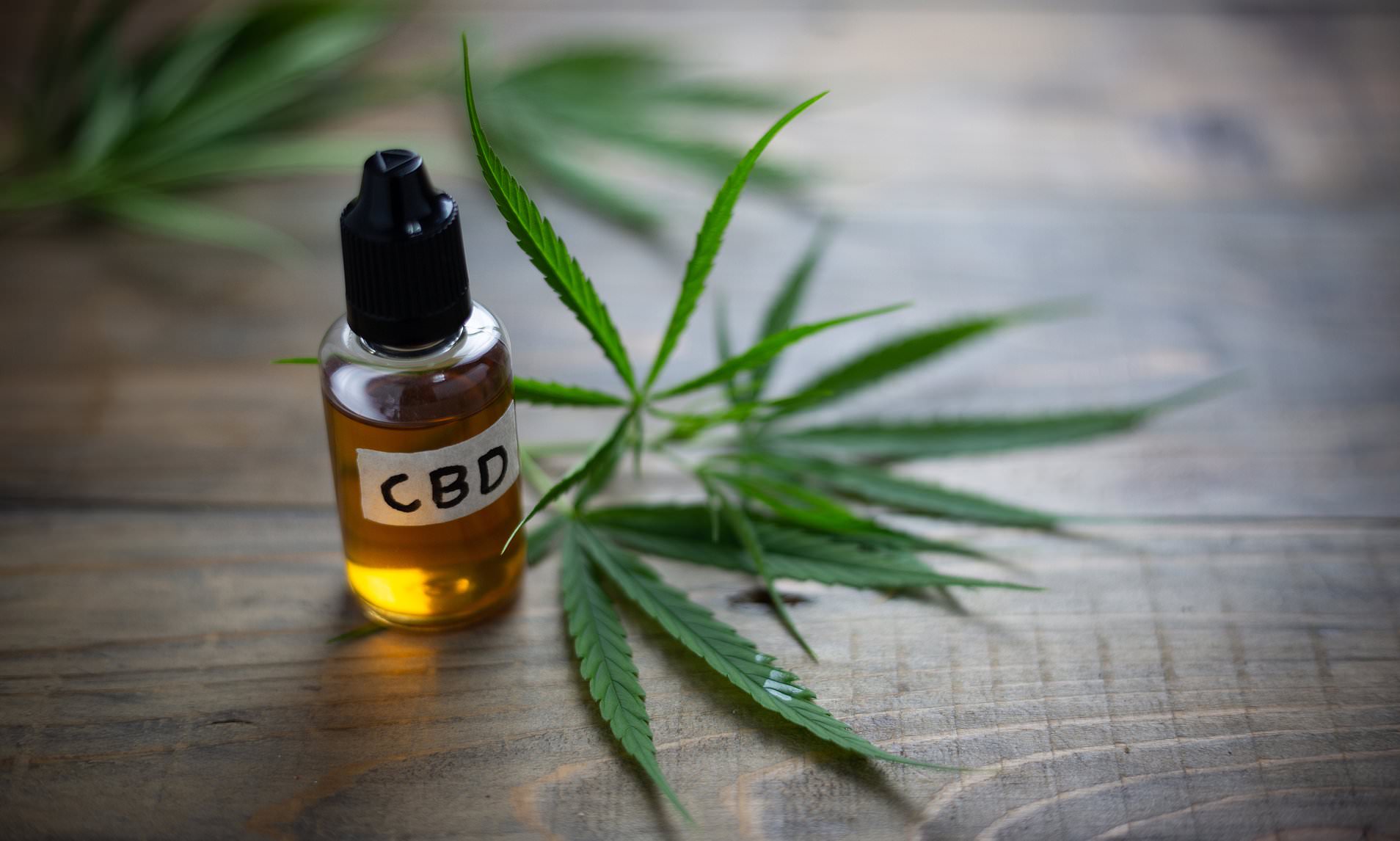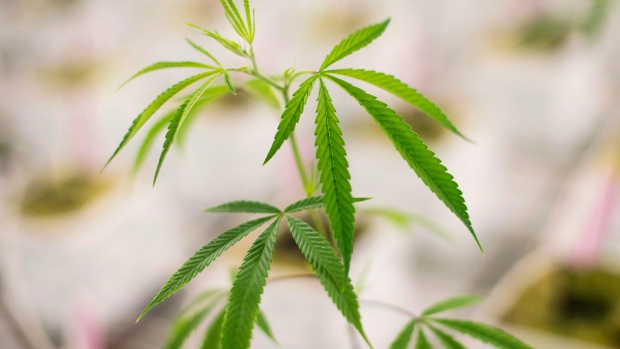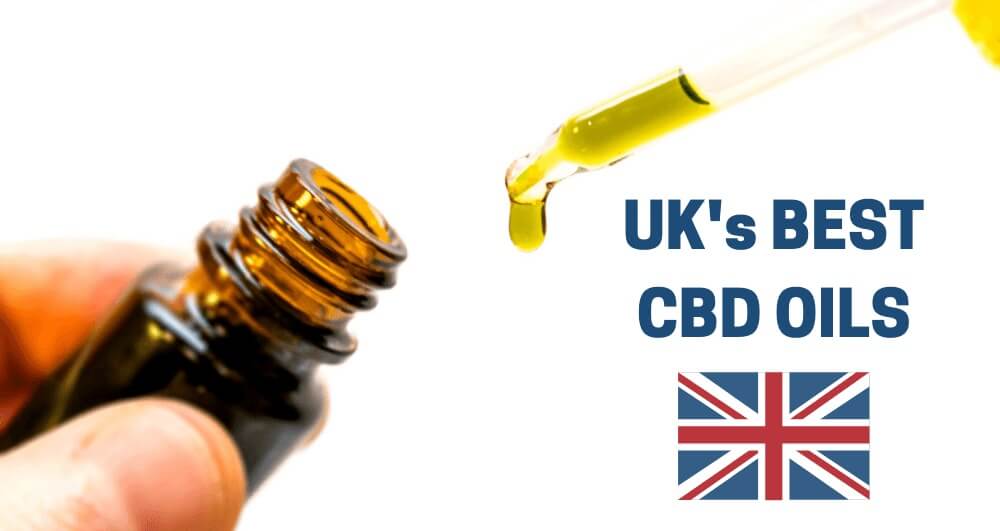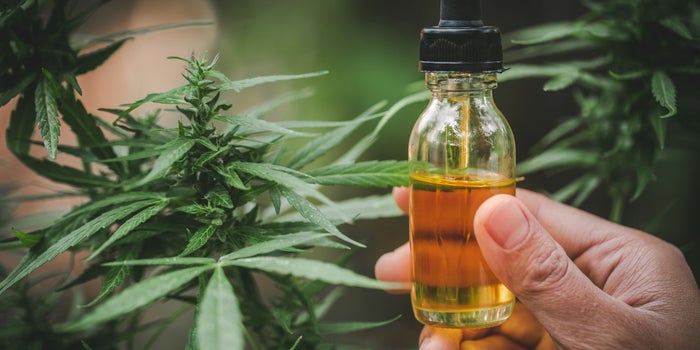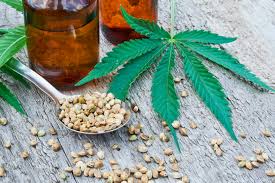“Walk down most high streets in the UK and you’ll recognize many of the familiar sights: betting shops, clothing stores, and fast-food chains.
In the past few years, there’s been a new fixture greeting shoppers: CBD retailers.
There has been an explosion in the mainstream market for products containing the cannabis derivative, ranging from sweets to creams and even sexual lubricants.
With around six million people in the UK having tried CBD bought in shops and online, ITV News delves deeper into the compound craze.
What is CBD and which products does it appear in?
Cannabidiol, or CBD for short, is the non-intoxicating component in marijuana, which means it can’t get you high.
You’ll find it in an array of products, from teas to shampoos, on the high street – often in small businesses selling vapes – and on the internet.
What are the claimed health benefits?
Much of the buzz about CBD comes from recent studies of medical marijuana.
Among the findings from extensive research is the suggestion CBD can have a positive impact on patients with epilepsy.
Earlier this year, the first-ever cannabis clinic in Britain opened on Harley Street in London, treating patients suffering from conditions such as chronic pain, PTSD and epilepsy using medicinal CBD.
While in the US, the federal government’s health branch recently approved its first-ever cannabis-derived medicine for epilepsy conditions, Epidiolex, which contains CBD.
What’s the difference?
The strength of CBD on the high street, its quality and where it is sourced from is vastly different from CBD used in clinical trials.
Patients in clinical research are given much higher doses of CBD compared to what you can get over the counter in shops.
According to the peer-reviewed British Medical Journal (BMJ), the non-medicinal high street products contain around 25 mg (2%) CBD, compared to 150-1500 mg/day in clinical trials, which is often administered orally.
Continue reading at iTV













